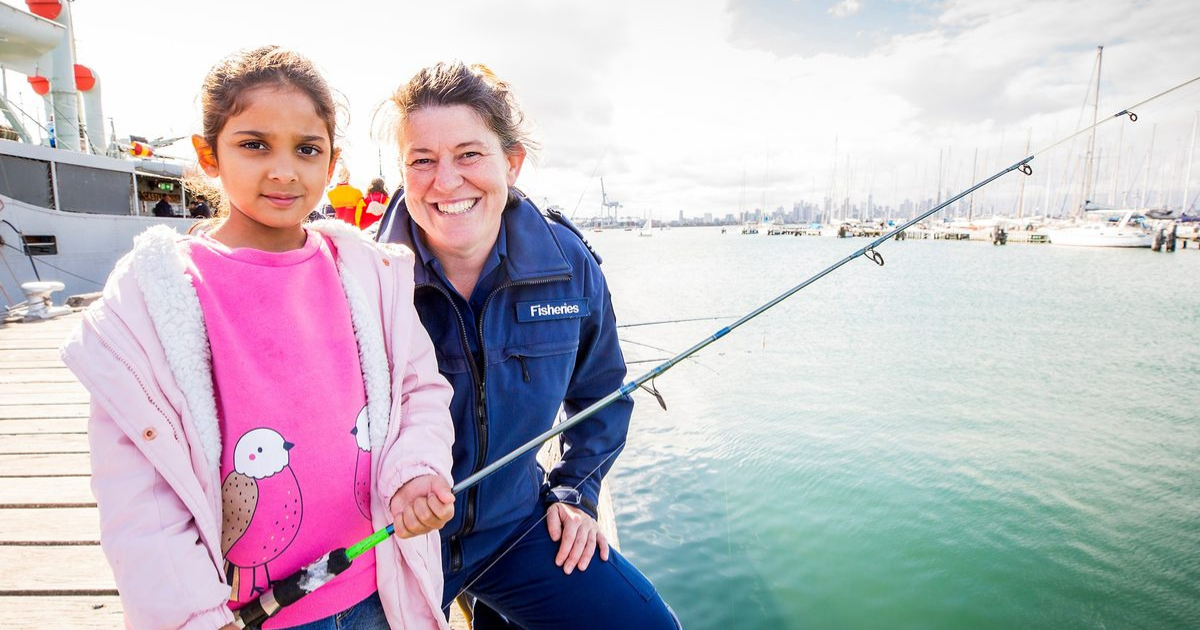Bellarine Landcare investigates raptor deaths
BELLARINE Landcare is awaiting test results that will identify the cause of death of 10 raptors recently found in the region.
Facilitator Sophie Small said people were reporting a lot of small raptors dying locally and all along the coast on the Mornington Peninsula and down to Port Fairy, but that authorities didn’t know why.
“Bellarine Landcare has sent 10 raptors to Wildlife Health Surveillance, part of Melbourne University Faculty of Veterinary and Agricultural Science in Werribee.
“They are doing a necropsy to look at physiological causes of death, such as malnourishment and internal bleeding.
“The liver will be sent off to be tested for toxicology.
“We should receive the results in two weeks.” Ms Small said species collected were barn owls (7), nankeen kestrels (4), black shouldered kites (2) and boobooks (1).
Other people have also found tawny frog nouths. Ms Small said Bellarine Landcare had been liaising with Michael Lohr from Edith Cowan University in Western Australia, who was researching the impacts of rodenticides on boobook owls around Perth.
“Michael’s research suggests that second generation, single-use rodenticides in the form of rat bait may be playing a part in the mortality, particular in peri-urban areas.
“He tested 70 boobook owls and found 70 percent of them had rodenticides in their systems.”
Ms Small said there were many more Barn Owls present locally at the moment and that they were well-known for their boom and bust cycles.
“We are theorising that some birds have arrived here from the inland areas escaping drought conditions, and are starving.
“Maybe disease is also playing a part.”
Ms Small said Bellarine Landcare encouraged people to undertake revegetation of the Bellarine. “We sell indigenous plants through our great little nursery in association with the Bellarine Secondary College in Drysdale.
“We encourage landholders to protect ancient trees so vital to wildlife, and we have nest boxes for sale.
“We are available to come out and advise landholders about revegetation of their properties.
“Even people with suburban house blocks can be doing so much to add indigenous plants to their gardens and create wildlife attracting habitat.”


















